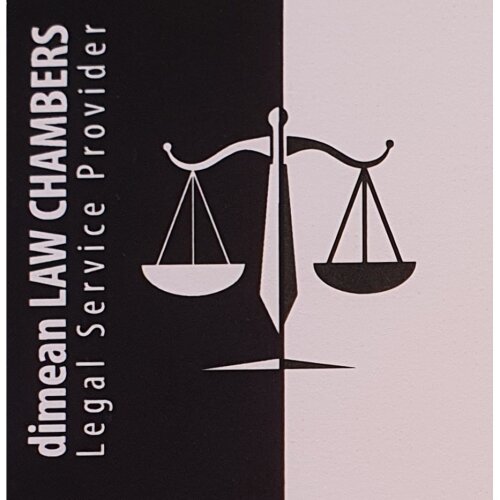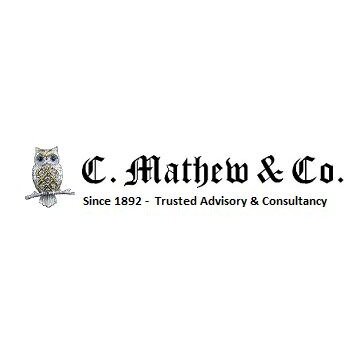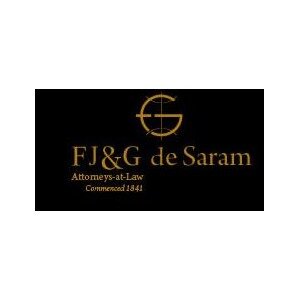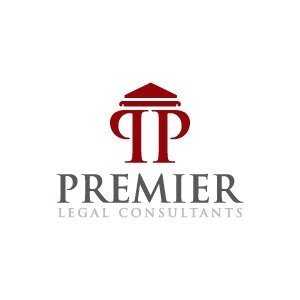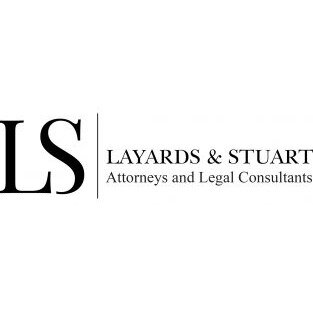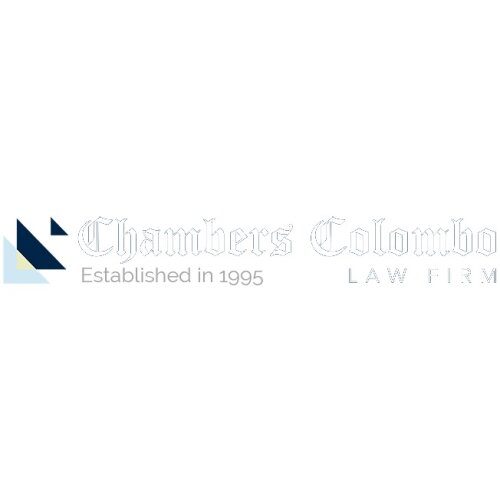Best Mortgage Lawyers in Colombo
Share your needs with us, get contacted by law firms.
Free. Takes 2 min.
Free Guide to Hiring a Real Estate Lawyer
List of the best lawyers in Colombo, Sri Lanka
About Mortgage Law in Colombo, Sri Lanka
Mortgage law in Colombo, Sri Lanka governs the legal aspects of borrowing and lending money for the purpose of purchasing or refinancing property. In a mortgage agreement, the borrower pledges their property as collateral for the loan, allowing the lender to take possession of the property if the borrower fails to repay the loan according to the agreed terms. It is important to understand the mortgage laws in Colombo, Sri Lanka to ensure a smooth and legally binding transaction.
Why You May Need a Lawyer
Seeking legal assistance from a lawyer experienced in mortgage law can be beneficial in several situations, including:
- Property Purchase: When buying a property, a lawyer can review the mortgage agreement, ensuring that your interests are protected and that the terms and conditions are fair and reasonable.
- Mortgage Default: If you are facing difficulties in repaying your mortgage, a lawyer can provide guidance on negotiating with the lender, exploring available options, and potentially preventing foreclosure.
- Refinancing: When refinancing an existing mortgage, a lawyer can help you understand the terms of the new agreement, review documentation, and ensure a smooth transition.
- Disputes: In cases of mortgage-related disputes, such as breach of contract or disagreements over property ownership, a lawyer can represent your interests and pursue a resolution through negotiation or legal action.
- Legal Documentation: A lawyer can assist in drafting, reviewing, and advising on various mortgage-related legal documents, such as loan agreements, title deeds, and contracts.
Local Laws Overview
The following key aspects of local laws in Colombo, Sri Lanka are particularly relevant to mortgages:
- Mortgages Ordinance: The Mortgages Ordinance provides the legal framework and regulations pertaining to mortgages, including the creation, transfer, and discharge of mortgages.
- Registration of Documents: To ensure the validity and enforceability of a mortgage, it must be properly registered with the relevant authorities, such as the Land Registry, within a specified time frame.
- Interest Rates: Sri Lanka has regulations in place regarding interest rates on mortgages, and it is important to be aware of the applicable limits and guidelines provided by the Central Bank of Sri Lanka.
- Foreclosure Procedures: In the event of mortgage default, there are specific legal procedures that must be followed, including notice periods and court actions for foreclosure.
- Consumer Protection: Consumer protection laws in Colombo, Sri Lanka aim to safeguard the rights and interests of consumers in mortgage transactions, ensuring fair practices by lenders.
Frequently Asked Questions
1. Can a foreigner obtain a mortgage for property in Colombo, Sri Lanka?
Yes, foreigners can generally obtain mortgages for property in Colombo, Sri Lanka. However, there may be certain restrictions or additional requirements applicable to non-residents. It is advisable to consult a lawyer who can guide you through the specific regulations and procedures.
2. What are the typical costs associated with obtaining a mortgage in Colombo, Sri Lanka?
Costs associated with obtaining a mortgage in Colombo, Sri Lanka may include legal fees, valuation fees, stamp duty, registration fees, and potentially mortgage insurance. These costs can vary depending on the loan amount and other factors, so it is important to review and understand the complete breakdown of costs before proceeding.
3. Can I transfer my mortgage to another person?
In most cases, mortgages in Colombo, Sri Lanka can be transferred to another person, subject to the lender's approval and the necessary legal procedures. It is advisable to consult with a lawyer to ensure all legal aspects of the mortgage transfer are properly handled.
4. What are the potential consequences of mortgage default?
If you default on your mortgage in Colombo, Sri Lanka, the lender may initiate foreclosure proceedings, which can result in the sale of the property to recover the outstanding debt. It is crucial to seek legal advice as soon as possible if you are facing difficulties in repaying your mortgage to explore available options and potentially prevent foreclosure.
5. What is the duration of a typical mortgage term in Colombo, Sri Lanka?
Mortgage terms in Colombo, Sri Lanka can vary depending on the lender and the specific agreement. Generally, mortgage terms range from 5 to 30 years, but it is advisable to discuss the available options with lenders or a lawyer to determine the term that best suits your needs.
Additional Resources
If you require legal advice or further information on mortgages in Colombo, Sri Lanka, the following resources may be helpful:
- Bar Association of Sri Lanka: www.basl.lk
- Central Bank of Sri Lanka: www.cbsl.gov.lk
- Land Registry Department: www.landregistry.gov.lk
Next Steps
If you need legal assistance for a mortgage-related matter, follow these steps:
- Research Lawyers: Find reputable lawyers experienced in mortgage law in Colombo, Sri Lanka.
- Contact Lawyers: Reach out to potential lawyers to discuss your specific situation and inquire about their services.
- Consultation: Schedule a consultation with a lawyer to discuss the details of your case and seek legal advice.
- Engagement: If you are satisfied with a lawyer's expertise and guidance, engage their services by signing an engagement letter or agreement.
- Proceed with Legal Assistance: Work closely with your lawyer to navigate the legal aspects of your mortgage matter, ensuring your rights and interests are protected.
Lawzana helps you find the best lawyers and law firms in Colombo through a curated and pre-screened list of qualified legal professionals. Our platform offers rankings and detailed profiles of attorneys and law firms, allowing you to compare based on practice areas, including Mortgage, experience, and client feedback.
Each profile includes a description of the firm's areas of practice, client reviews, team members and partners, year of establishment, spoken languages, office locations, contact information, social media presence, and any published articles or resources. Most firms on our platform speak English and are experienced in both local and international legal matters.
Get a quote from top-rated law firms in Colombo, Sri Lanka — quickly, securely, and without unnecessary hassle.
Disclaimer:
The information provided on this page is for general informational purposes only and does not constitute legal advice. While we strive to ensure the accuracy and relevance of the content, legal information may change over time, and interpretations of the law can vary. You should always consult with a qualified legal professional for advice specific to your situation.
We disclaim all liability for actions taken or not taken based on the content of this page. If you believe any information is incorrect or outdated, please contact us, and we will review and update it where appropriate.



